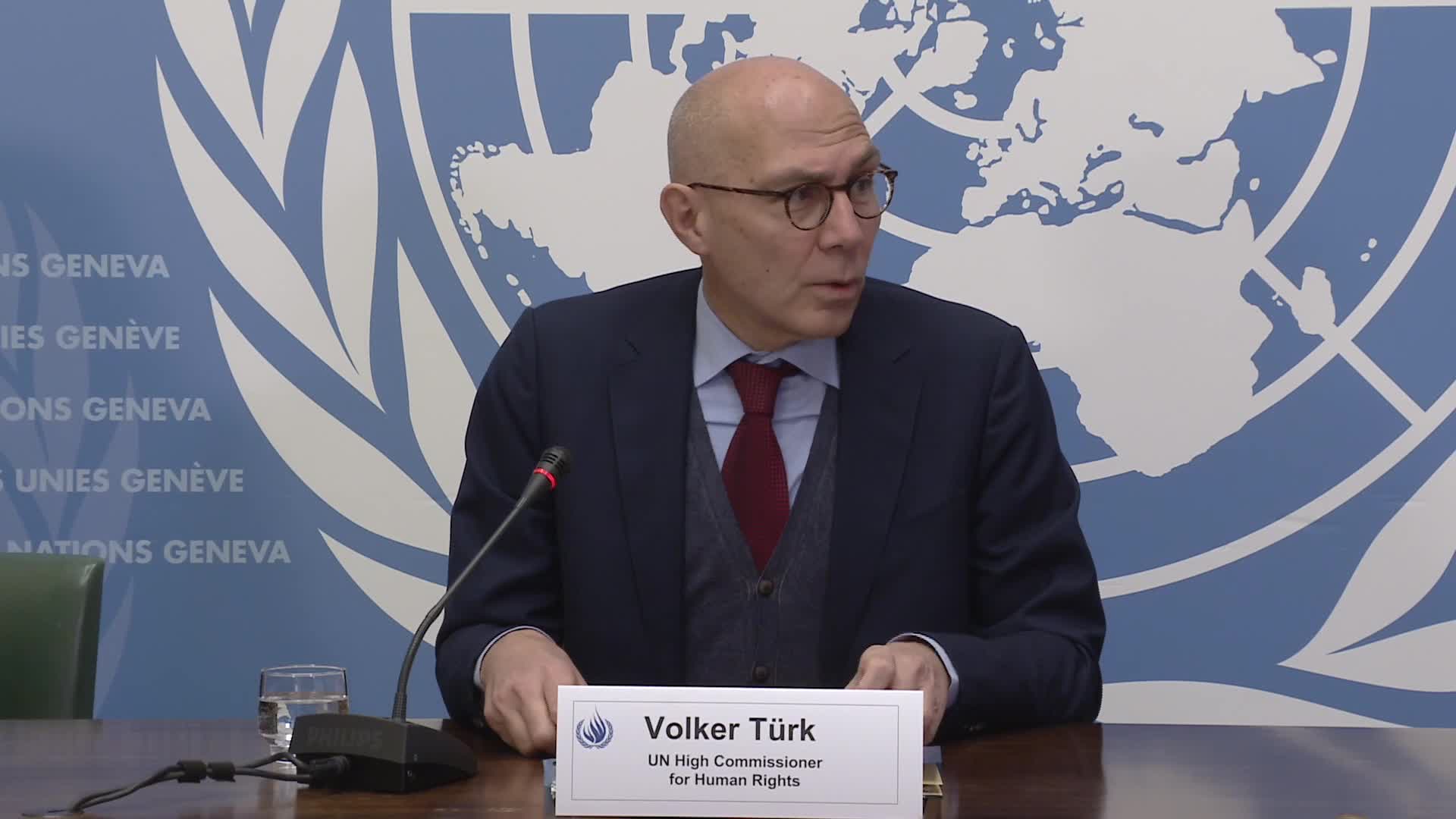Turkistan Times-Istanbul: UN High Commissioner for Human Rights Volker Türk discussed the world's most pressing human rights issues. At a meeting held and live-streamed at the Council on Foreign Relations in the United States on September 26, Türk made important remarks regarding China's human rights situation, particularly its treatment of the Uyghurs.
The meeting was moderated by Linda Thomas-Greenfield, former U.S. Ambassador to the United Nations (2021-2025) and a member of the Council on Foreign Relations' board of directors, with UN High Commissioner for Human Rights Volker Türk as the keynote speaker.
UN High Commissioner for Human Rights Volker Türk stated that China is a typical example of a country that, despite violating human rights, tries to evade criticism in international reports.
China's Stance on the International System
Volker Türk noted that China supports the continuation of the multilateral international system but demands that this system be run according to its own perspective, just like other countries.
An attendee noted that China, on the one hand, likes international rules but is "not a human rights model," and asked Volker Türk how it is possible to cooperate with China under such circumstances.
High Commissioner Türk said that China and Russia often use "sovereignty" as a pretext to reject human rights criticism. He made it clear that under the UN Charter, human rights concerns are a "matter of international concern" and this is not considered "interference in internal affairs."
The Treatment of Uyghurs and the Demand for Condemnation
Ken Roth of Human Rights Watch asked Volker Türk about his stance on the Uyghur issue. Roth recalled that at the peak of China's oppression of the Uyghurs, nearly one million of the 11 million population were detained, and many were subjected to forced labor.
Roth referenced the powerful report from the office of Türk's predecessor, Michelle Bachelet, which stated that the treatment of Uyghurs could constitute "crimes against humanity." He argued that during his three years in office, Volker Türk had not once condemned China's treatment of the Uyghurs and had not repeated the conclusions of his predecessor's report in his own voice, demanding that he "condemn, criticize, or reject" China's actions.
Volker Türk's Response: "There is Not a Shred of Difference Between Me and the Report"
High Commissioner Türk responded to Ken Roth's criticism by emphasizing that there is "not a shred of difference" between him and Michelle Bachelet's report and that he has stated this publicly many times. He also noted that the report was published but was rejected, rather than adopted as a resolution, by the Human Rights Council.
Volker Türk stated that his strategy towards China is to engage through "continuous, repeated dialogue." He noted that these conversations cover not only the issue of East Turkistan but also other issues such as Hong Kong, Tibet, and the civil society space in China.
Türk openly expressed that he has had "very tough discussions" with Chinese officials, but that progress is "exceptionally slow" and he feels "great frustration" with the situation. He also added that his office does not have sufficient "financial resources" to make these efforts more effective. Nevertheless, Türk stated that this work is "part of the ethos" of his office and that he will continue it.

